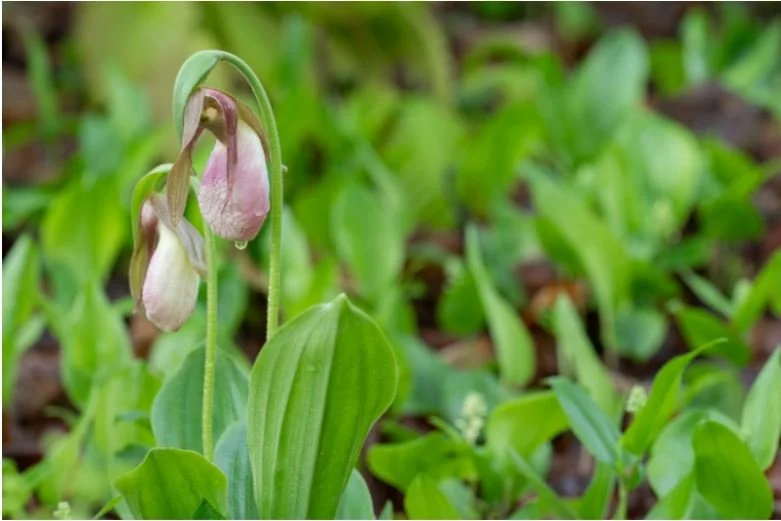Friends underground, friends in the stars
2024-04-24
Dear friend,
As much as we pave it over and don’t like getting it in our fingernails and equate “dirty” with “bad,” soil is at the root of being human. The root word for human is humus, Latin for earth, and a word that still means a rich and nutrient-filled soil.
If that’s not enough to turn to the ground for truth, the word radical refers to roots, and this is a time of the year when I treasure unseen forces that await beneath us.
A book I first read at age four or five and have returned to often since is The Little Prince, by Antoine de Saint-Exupéry. Saint-Exupéry was a pilot, and the book is about a lone aviator who has been forced to land in the middle of the Sahara Desert. With no hope of being rescued, he races to repair his engine while making friends with a visitor, the mysterious “little prince.”
The little prince has left behind a beloved rose on his home planet, which is now eons away. Though he misses his rose, he doesn’t rely on seeing her to feel her presence. “The thing that is important is the thing that is not seen,” he tells the aviator. “If you love a flower that lives on a star, it is sweet to look at the sky at night. All the stars are a-bloom with flowers.”
Here on Earth, we are between times. Winter ended but the snow has only just melted and the leaves are not yet out. The barren trees allow the sun to beat down and warm the forest floor. Flowering plants remain hidden, but will soon emerge.
Since the loss of snowcover, there’s a piece of ground I visit as often as I can. I’m looking for an old friend, one who spends the winter underground. Her name is Cypripedium acaule—the pink lady’s slipper, a wild orchid.
The flower is pink, delicate, and everything about it is as mysterious as the little prince. The Latin acaule means “lacking an obvious stem.” The lady’s slipper does have a stem, but it’s short and underground. It’s one of the more rare flowers in our forest. I seldom see them. When I noticed her flowering near the kitchen garden several years ago I was awestruck. But after a brief blooming in late spring, she blends into the vegetation of the forest floor for the rest of the summer.
I had almost forgotten about her until the next spring. Then I remembered—would she return? I looked around for weeks, not sure of the exact spot, or her exact timing. I felt relieved when I found her and got to enjoy her bloom again. That year, I placed a small quartzite rock there as a marker.
Will she come again this year? I hope so, but I wonder how long a plant like this will come back. Years? Decades?
We will see when we see. In the meantime, her possible existence, having known her even once, brings joy and laughter to all of the forest floor.
The little prince parts ways with the aviator, but not before leaving him a gift. “In one of the stars I shall be living,” he says. “In one of them I shall be laughing. And so it will be as if all the stars were laughing, when you look up at the sky at night.”
I feel this way about Alison being pregnant, and us due to meet a new human being in August. Who will it be? With my first child, I wanted to know the gender. I was a 12 years younger man then, and I thought life was about preparedness.
These days, I feel that life is more about unpreparedness. The less I plot and map the future, the more I discover hidden and encouraging truths, like the laughter in the stars and the potential in the ground at our feet.
Warmly,
Tristan Roberts
Quill Nook Farm


